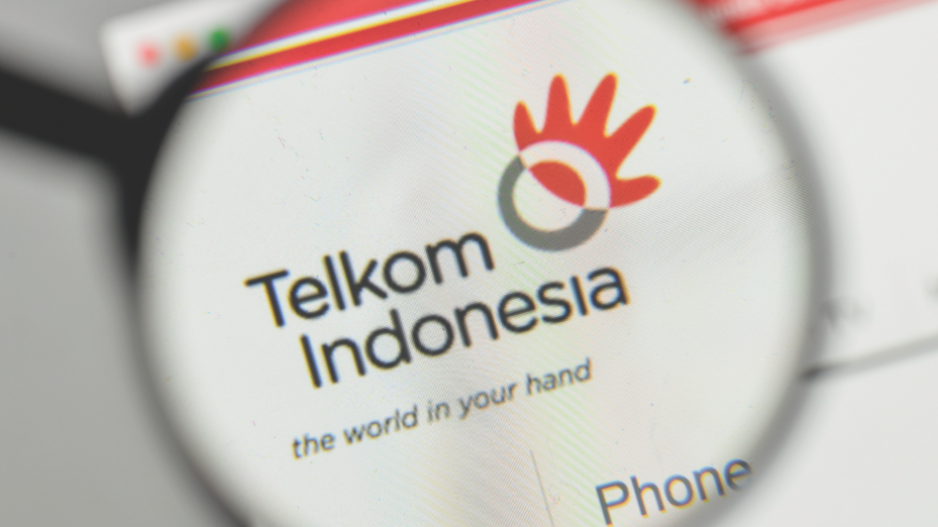For Vancouver companies looking to Asia for information and communication technologies (ICT) business, Indonesia has long flown under the radar.
The country is more often looked at as a coffee producer and a tourism destination, but Jakarta officials are keen to change that perception. That was the impetus when organizers put together an ICT industry trade forum – the first of its kind focusing on the Southeast Asian nation – in Vancouver recently in an attempt to alter the image of Indonesia’s market and promote a new direction for its trade relationship with B.C.
“Almost 90% of the Canadian investment in Indonesia is in mining and resources,” said Rahardjo Siswohartono, director of the Indonesian Investment Promotion Centre in New York, who travelled to Vancouver for the promotional event. “Another 5% is financial services with companies like Sun Life Financial Inc. For the ICT sector, I don’t think there’s a big number of Canadian investors in Indonesia right now, so that’s one of the areas our government is focusing on.”
Indonesia had not traditionally been a popular destination for foreign investment due to heavy restrictions on several sectors, including the country’s emerging e-commerce scene, aimed at protecting local firms.
That environment began to change under president Joko Widodo, who took office in 2014 and began eliminating red tape to attract money from abroad.
Jakarta has also been trying to address long-standing criticism that most investment and development go to the main island of Java and the tourist haven Bali, with ICT and telecom upgrades on other islands creating a potentially untapped opportunity for foreign investors.
“I think this is the best time for investors to look at Indonesia,” Siswohartono said, noting that companies in many industries can now be 100% under foreign ownership if the net investment is higher than a certain threshold.
Officials admit that is an ongoing challenge.
At the ICT forum in Vancouver, despite the tech-centric theme, tourism agencies, traditional arts and crafts creators and coffee bean vendors dominated the display booths.
Faizal R. Djoemadi, president and director of Telkom Indonesia’s international investment and business arm, Telin, said he understands the challenge of refocusing investors’ image of the country to tech, but he added that B.C. firms should consider Indonesia’s market demographic, teeming with people born between the early 1980s and the late 2000s, as an incentive.
“This is a young population where 60% of the people are millennials,” Djoemadi said. “About 48% go online specifically to buy a product or service. They average around eight hours of internet use each day per person. People like to chat, and they can increasingly afford cellphones.”
A Forrester Research report in January said tech spending among Association of Southeast Asian Nations (ASEAN) members will grow 5% this year. About 70% of Indonesia’s internet traffic will originate from mobile devices, the report said.
Djoemadi said top officials in Jakarta envision Indonesia, the world’s fourth most populous nation, becoming a regional tech hub connecting Australia with East Asia from south to north and Pacific economies with Indian Ocean counterparts from east to west. Several observers, however, identify two main obstacles for furthering trade and investment – ITC or otherwise – with Indonesia:
•Vancouver lacks a direct flight to the country; and
•Canada has relatively few Indonesian immigrants to facilitate the link between the two markets. •




